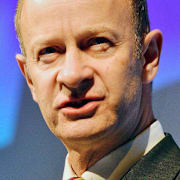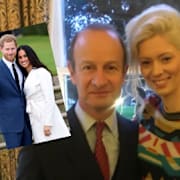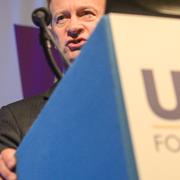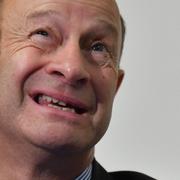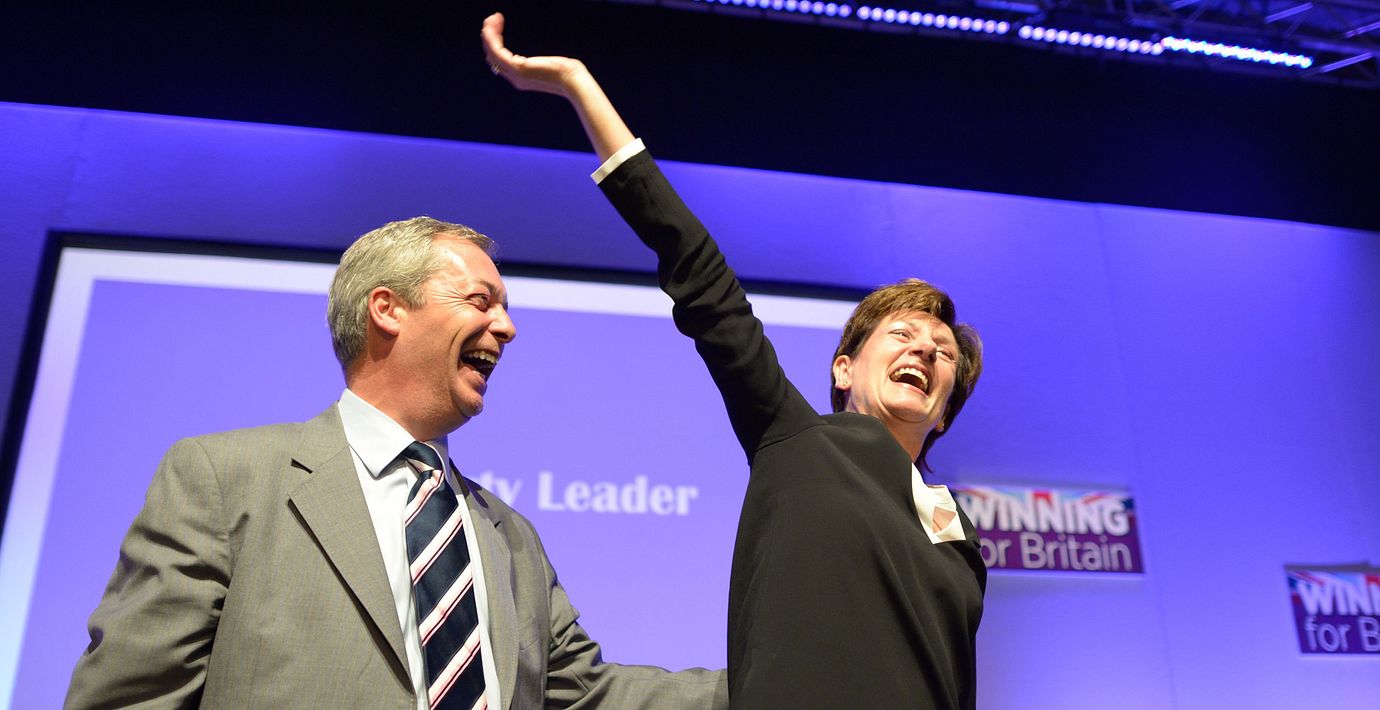
Ukips partiledare slutar efter 18 dagar på posten
Diane James lämnar posten som partiledare för det högerpopulistiska partiet Ukip i Storbritannien. Det bekräftade hon själv på tisdagskvällen. ”Det har blivit tydligt att jag varken har tillräcklig auktoritet eller fullständigt stöd från mina kollegor i EU-parlamentet och partimedlemmar för att få igenom de förändringar som jag anser är nödvändiga”, sa James i ett uttalande.
James efterträdde den förre partiledaren Nigel Farage för 18 dagar sen.
bakgrund
Ukip
Wikipedia (en)
The UK Independence Party (UKIP /ˈjuːkɪp/) is a Eurosceptic and right-wing populist political party in the United Kingdom. It is led by Diane James and headquartered in Newton Abbot, Devon. UKIP has one Member of Parliament in the House of Commons, three representatives in the House of Lords, and 22 Members of the European Parliament, making it the largest UK party in the European Parliament. It has 488 councillors in UK local government and six members in the National Assembly for Wales.
A right-wing party, political scientists have identified UKIP as part of the broader European radical right. Its ideological approach is that of right-wing populism, and it employs populist rhetoric to distinguish itself from the political establishment. Promoting a British unionist and nationalist agenda, it characterises the latter approach as civic nationalism, although the accuracy of this description has been disputed. UKIP's primary emphasis has been on hard Euroscepticism, calling for the UK's exit from the European Union, while it has also placed strong emphasis on lowering immigration. Economically describing itself as libertarian and influenced by classical liberalism and Thatcherism, it promotes economically liberal policies while appealing to traditional social values.
Governed by its leader and National Executive Committee, UKIP is divided into twelve regional groups, with an additional one representing Gibraltar. UKIP is founding member of the Alliance for Direct Democracy in Europe European political party, and the party's MEPs sit with the Europe of Freedom and Direct Democracy group in the European Parliament. While gaining electoral support from various sectors of British society, political scientists have established that its primary voting base is in England and consists of older, working-class White Britons. UKIP has faced a critical reception from mainstream political parties, much of the British media, and anti-fascist groups, and has been accused of racism and xenophobia, allegations which it has denied.
UKIP was founded in 1991 by the historian Alan Sked as the Anti-Federalist League, a single-issue Eurosceptic party. Renamed UKIP in 1993, the party adopted a wider right-wing platform and gradually increased its support. Under Nigel Farage's leadership, from 2009 the party tailored its policies towards the white working class, before making significant breakthroughs in the 2013 local elections and the 2014 European elections, where UKIP received the most votes. At the 2015 general election, the party gained the third-largest vote share and one seat in the House of Commons.
Omni är politiskt obundna och oberoende. Vi strävar efter att ge fler perspektiv på nyheterna. Har du frågor eller synpunkter kring vår rapportering? Kontakta redaktionen
